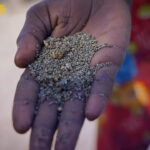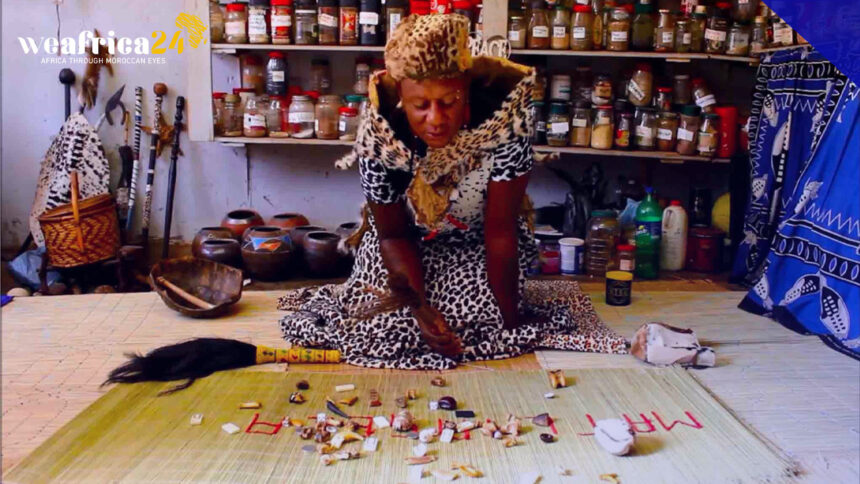Traditional African medicine has been an integral part of healthcare systems across Africa for centuries. African healers have utilized an array of indigenous practices, herbs, and remedies to address various health issues. In recent years, there has been a growing recognition of the value of traditional African medicine in complementing modern healthcare.
The Heritage of Traditional African Medicine
Traditional African medicine is deeply intertwined with the continent’s cultures and traditions. It encompasses various healing practices, including herbal medicine, spiritual healing, divination, and therapeutic rituals. Practitioners, often referred to as herbalists, healers, or traditional doctors, have accumulated knowledge passed down through generations. This knowledge is typically rooted in a profound understanding of local plants, their medicinal properties, and the spiritual aspects of healing.
Key Components of Traditional African Medicine
Herbal Medicine
One of the most prominent aspects of traditional African medicine is the use of medicinal plants. Indigenous healers have a wealth of knowledge about the healing properties of local herbs and plants, which they use to treat various ailments.
Spirituality and Rituals
Traditional healers often integrate spiritual beliefs and rituals into their practice. They may perform ceremonies or rituals to address the spiritual or emotional aspects of a patient’s illness.
Divination
Diviners play a crucial role in diagnosing illnesses and providing guidance. They use methods like casting bones, reading patterns in sand or water, or interpreting dreams to gain insights into a patient’s condition.
Benefits of Traditional African Medicine
Holistic Approach
Traditional African medicine takes a holistic approach to healthcare, addressing not only physical symptoms but also considering the emotional and spiritual well-being of patients.
Accessibility
Traditional medicine is often more accessible to rural and marginalized communities that may have limited access to modern healthcare facilities.
Cultural Relevance
Traditional healing practices are deeply rooted in African cultures, making them culturally relevant and acceptable to many communities.
Preservation of Indigenous Knowledge
The practice of traditional medicine helps preserve valuable indigenous knowledge about local plants and their medicinal properties.
Challenges and Integration
Despite its many benefits, traditional African medicine faces challenges when integrated with modern healthcare.
Lack of Standardization
Traditional medicine lacks standardized practices and regulations, which can lead to variability in treatment quality.
Limited Scientific Validation
Many traditional remedies have not undergone rigorous scientific testing, leading to skepticism in the medical community.
Conflict with Modern Medicine
In some cases, traditional and modern medical approaches may conflict, requiring careful coordination.
Traditional African medicine has a significant role to play in modern healthcare. Its holistic approach, cultural relevance, and accessibility make it a valuable complement to conventional medicine. However, successful integration requires addressing challenges such as standardization and scientific validation. By recognizing the unique strengths of traditional African medicine and fostering collaboration between traditional healers and modern healthcare providers, Africa can harness the full potential of its medical heritage for the benefit of its people.







